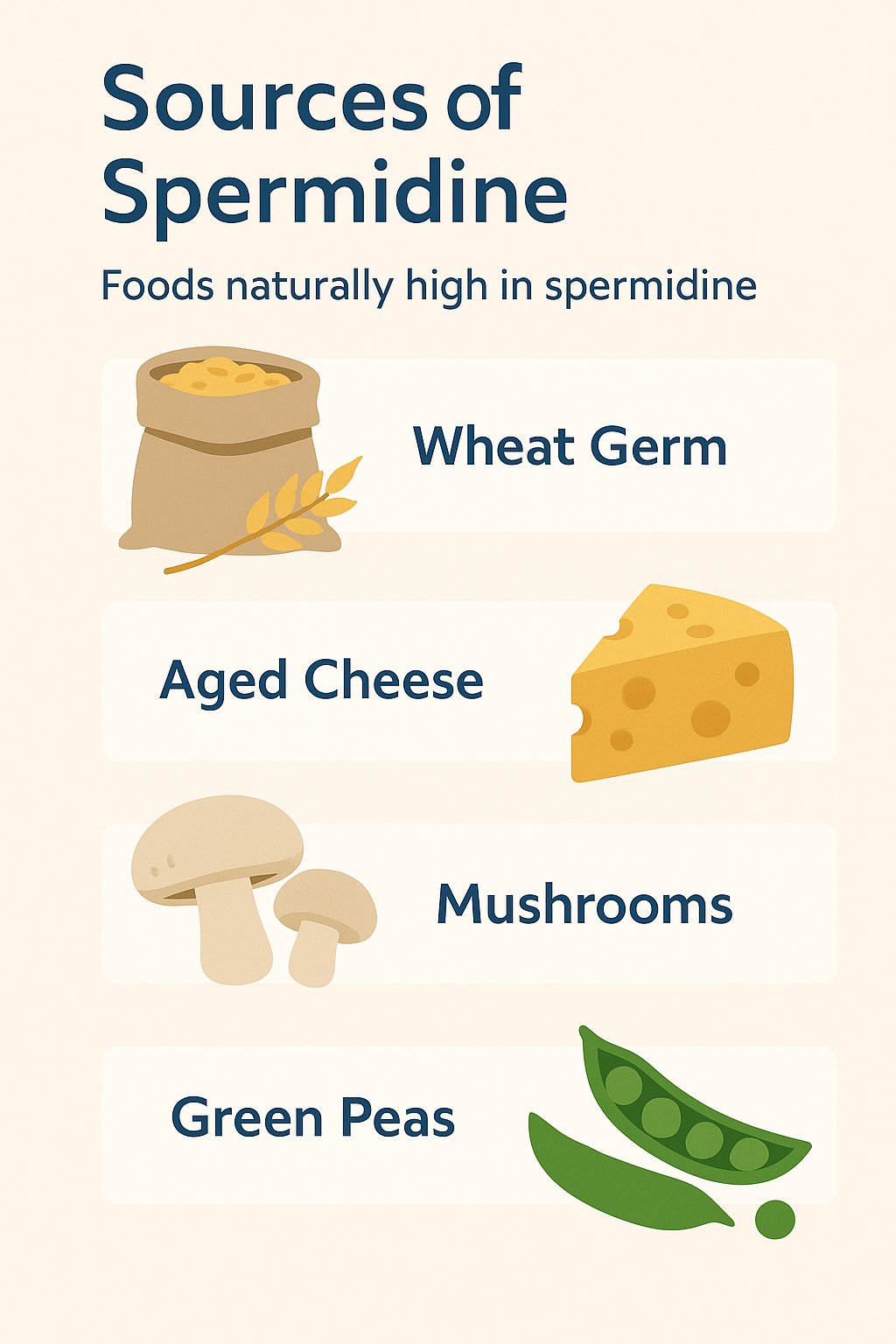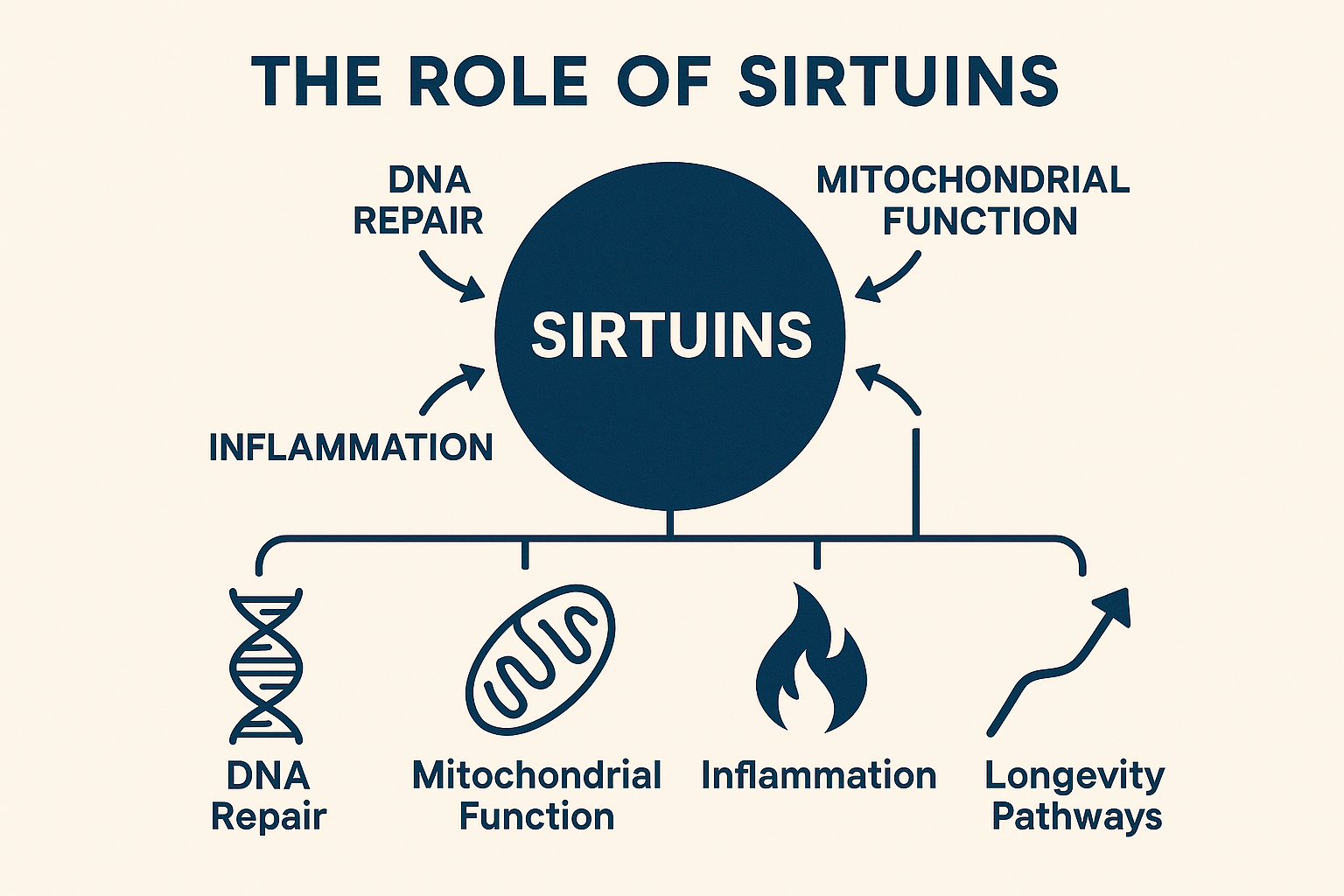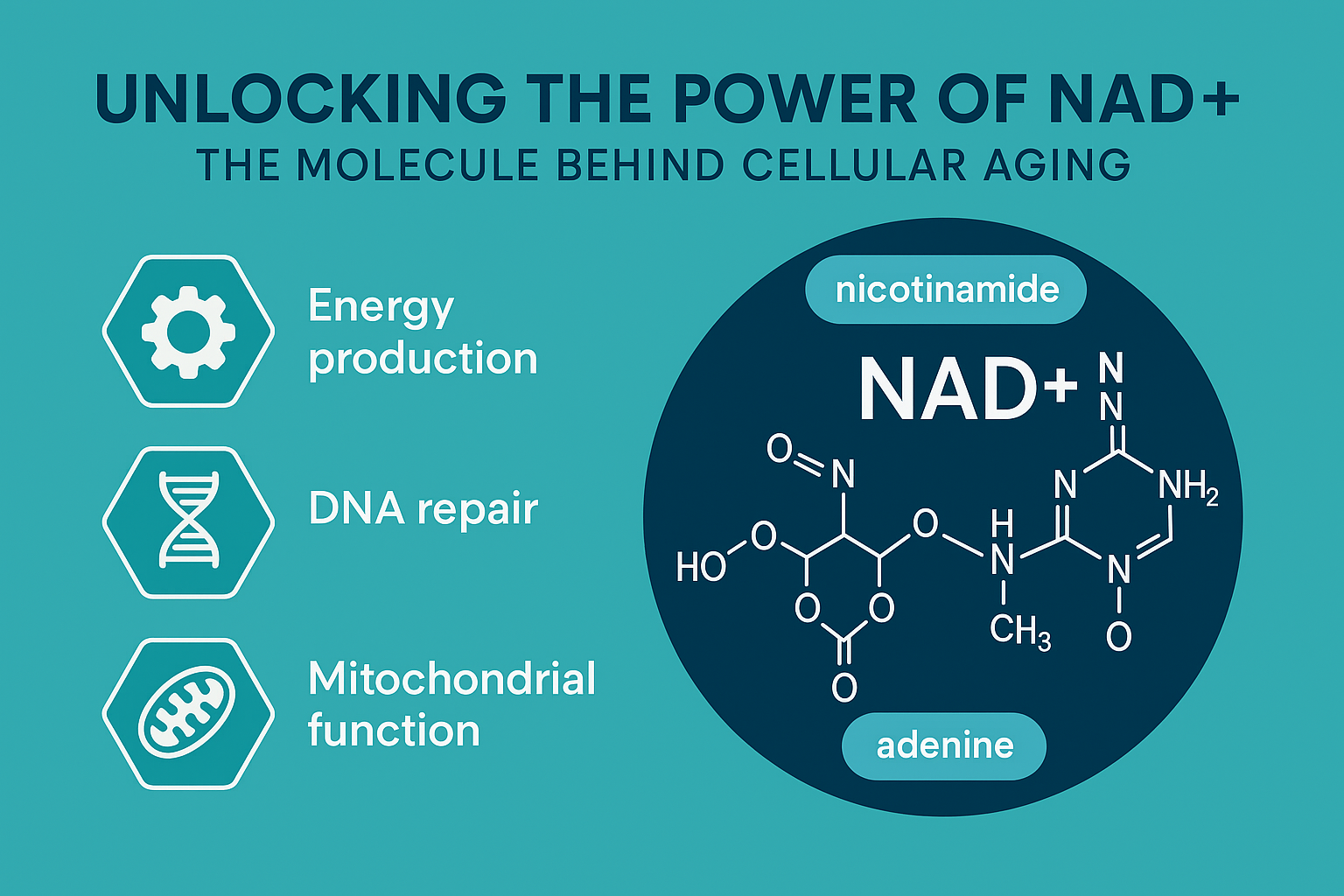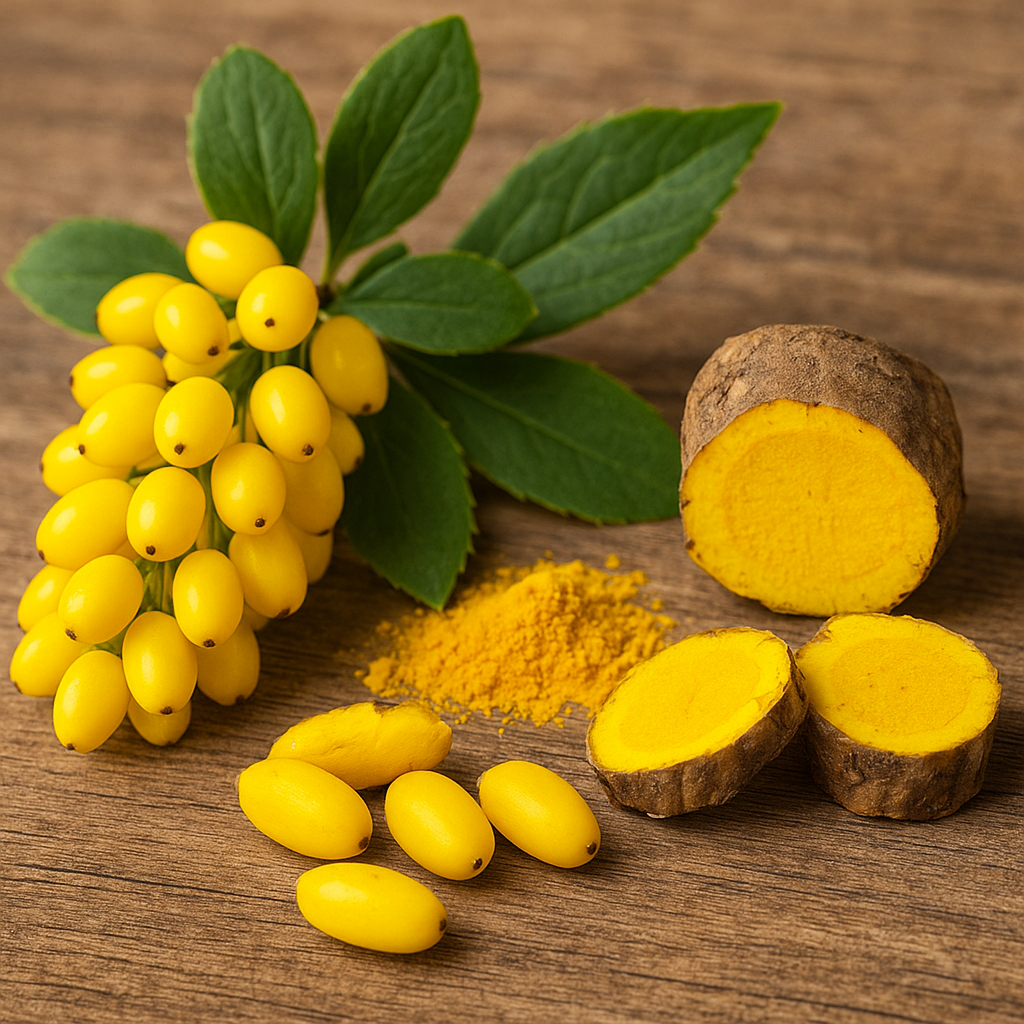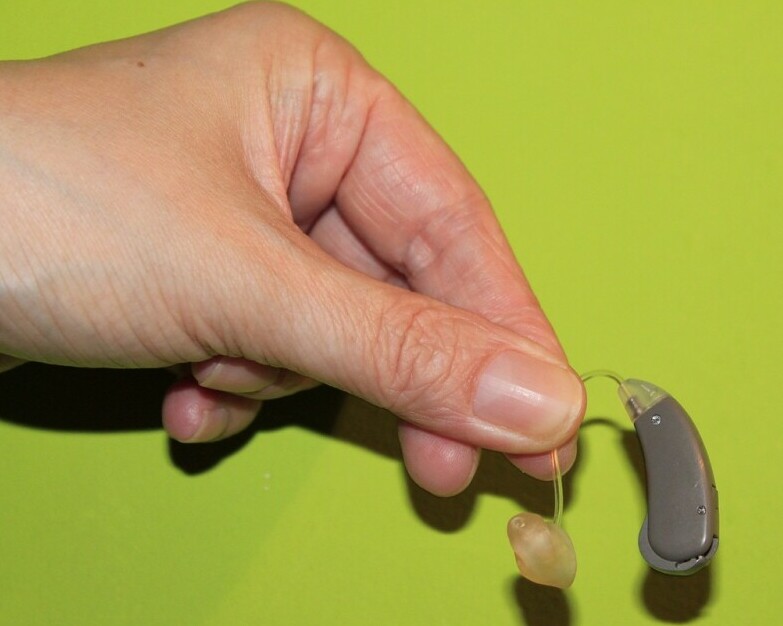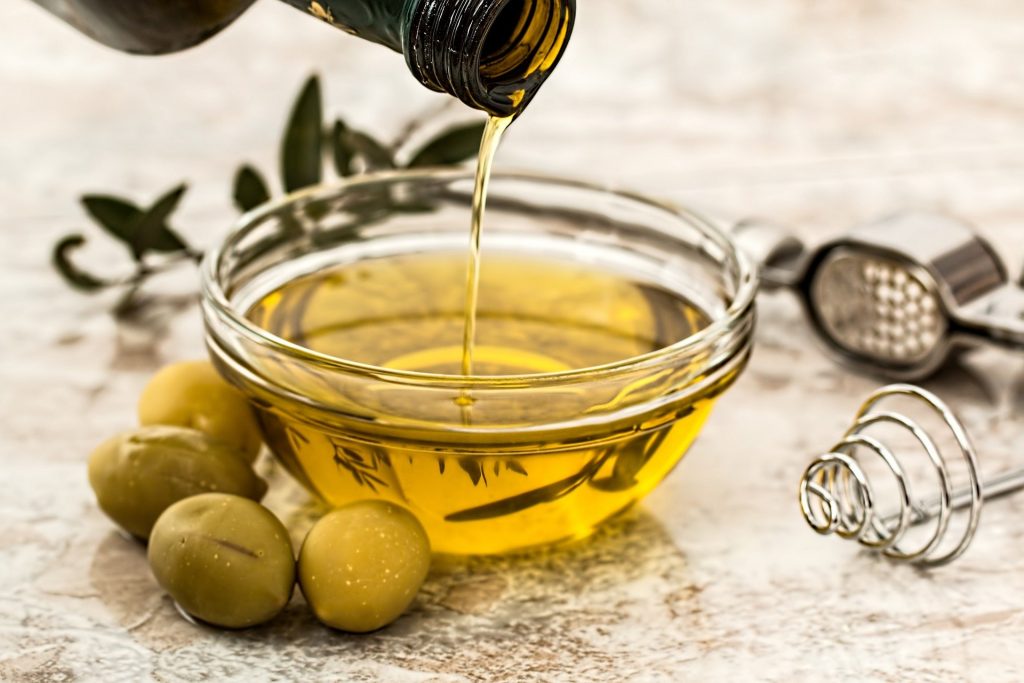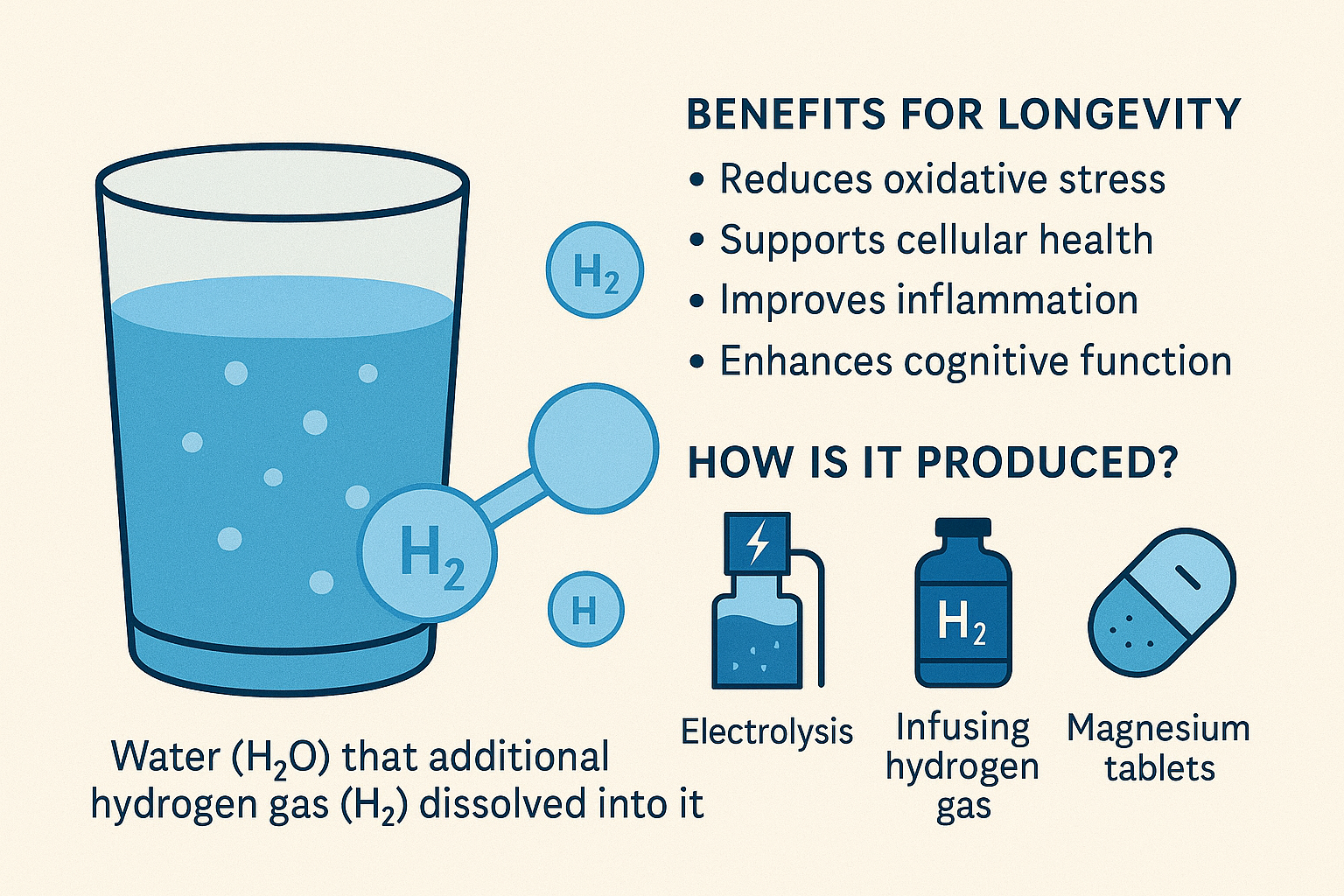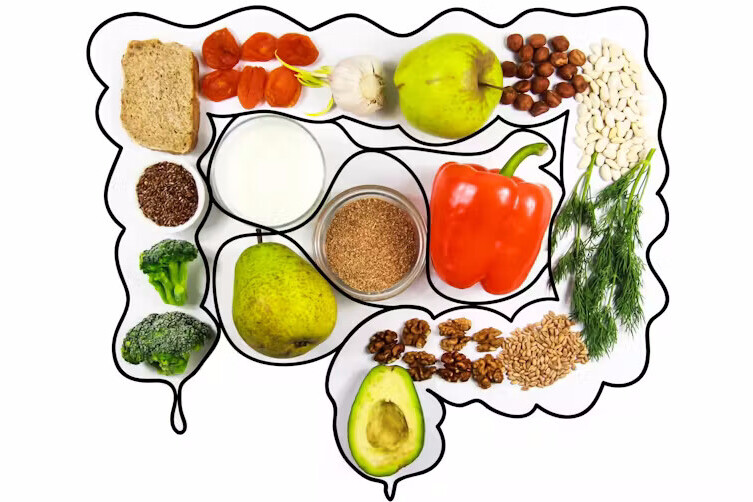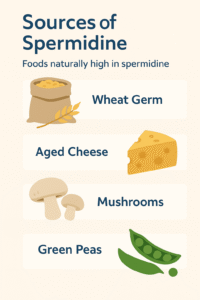Hair is more than just a personal style statement; it’s an indicator of my health and well-being. As I’ve eased into my 40s, I’ve noticed changes in my hair, a common experience for many. To address this, I’ve learned it’s essential to understand the baselines of hair growth as well as the impact aging can have.
On a basic level, hair grows through a natural cycle that includes growth, resting, and shedding phases. This cycle ensures the regular renewal of my hair, but this can be influenced by several factors, including genetics, lifestyle, stress levels, and nutrition.

In my 40s, I’ve had to confront hair thinning and a change in texture. These concerns stem from various factors, but a significant one is age-related hormonal changes. Menopause, for example, can lead to a drop in estrogen levels, which traditionally helps keep hair thick and lustrous.
However, hope is not lost. There are ways to maintain and even improve hair health after 40. It starts with the basics of proper nutrition, which means getting the right vitamins and minerals that hair follicles need to thrive.
Nutritional Allies for Your Locks: Vitamins and Minerals
By the time you reach 40, your hair might tell a story of years well-lived, but it could also start to show signs of nutritional deficiencies. It’s not just about what shampoo you use; what you eat and the supplements you take can have a significant impact on your hair’s health.
Think of vitamins and minerals as the unsung heroes in the quest for luscious locks. These nutrients are crucial for fueling the hair follicles and maintaining the integrity of hair strands. Vitamin deficiencies, for instance, can lead to hair loss and brittleness.
Let’s take a closer look at some key players. Biotin, or vitamin B7, is often touted as the go-to vitamin for hair growth. It aids in the production of keratin, a major component of hair. Without adequate biotin, hair can become weak and lifeless.
Sports Research Biotin 5000 mcg with Coconut Oil:
- Why it’s a must-have: This biotin supplement is enhanced with coconut oil, which improves absorption. It’s non-GMO and gluten-free, making it a great choice for those looking to boost their hair health naturally.
Solgar Biotin 5000 mcg Vegetable Capsules:
- Why it’s a must-have: Solgar is a trusted brand in supplements. These vegetable capsules provide a high dose of biotin to support healthy hair growth, and they are free from gluten, wheat, and dairy.
Vitamin A is another nutrient with a vital role. It helps the scalp produce the natural sebum oils that keep hair moisturized and strong. Vitamins C and E, packed with antioxidants, can protect hair follicles from damage caused by harmful molecules called free radicals.
Nature Made Vitamin A Softgels, 8000 IU:
- Why it’s a must-have: Nature Made is a well-known brand that ensures quality and potency. These softgels support immune health and help maintain healthy skin and hair by promoting natural oil production in the scalp.
NOW Foods Vitamin A 25,000 IU Softgels:
- Why it’s a must-have: These high-potency softgels are great for those who need a significant boost of Vitamin A. They help maintain healthy vision and support skin and hair health by aiding the production of sebum.
Don’t forget about vitamin D. It can help create new follicles where new hair can grow. Even though you can get vitamin D through sun exposure, adding a supplement can be a boon, especially if you don’t spend much time outdoors.
As for minerals, Iron is essential; it helps red blood cells carry oxygen to your hair. Without enough iron, you might notice your hair thinning. Zinc plays a critical role in hair tissue growth and repair. It also keeps the oil glands around the follicles working properly. Selenium contributes to the creation of hair. However, it’s important to get the right balance, as too much can actually lead to hair loss.
Taking the RIGHT BALANCE of vitamins and minerals can support your hair at a foundational level. You might find these nutrients in a well-rounded diet, but if your lifestyle, dietary restrictions, or age make it difficult, supplements are your allies.
The Role of Collagen and Amino Acids in Hair Health
You might not think about it often, but collagen and amino acids play a pivotal role in maintaining the strength and vitality of your hair. Collagen, a protein found abundantly in your body, is crucial for healthy hair, skin, and nails. It provides amino acids that build hair proteins and strengthen the skin that contains your hair roots.

As you age, your body produces less collagen, which can lead to thinner hair and slower growth. Enter collagen supplements, particularly those derived from marine sources, that are believed to be more easily absorbed by your body. These supplements can help to replenish your dwindling natural collagen levels.
Vital Proteins Collagen Peptides Powder:
- Why it’s a must-have: This collagen powder is sourced from grass-fed, pasture-raised bovine. It’s highly bioavailable, meaning your body can absorb it quickly. It helps promote hair growth, skin elasticity, and joint health.
NeoCell Super Collagen Powder:
- Why it’s a must-have: NeoCell’s collagen powder is hydrolyzed for maximum absorption and supports the body’s natural collagen production. It’s great for promoting strong and healthy hair, skin, nails, and joints.
Let’s not forget about amino acids. They are the actual building blocks of proteins like keratin, which is what your hair is primarily made of. A diet lacking in essential amino acids may lead to weak and brittle hair. Thus, ensuring you get ample amounts is key to robust hair strands.
There are various ways to increase your amino acid intake, including diet and supplementation. Foods rich in amino acids include meat, eggs, and soy products. For some people, especially those with dietary restrictions, amino acid supplements might be a helpful addition to support their hair health.
Next, I’ll walk you through smart strategies to effectively incorporate these and other supplements into your daily routine to keep your hair looking its best.
Smart Supplement Strategies for Hair-Care Success
With the right strategies, supplements can be a POWERFUL ally in maintaining healthy hair growth after 40. But as you consider adding them to your routine, remember it’s not just about which supplement you take, but also how you take it.
Let’s talk about choosing high-quality supplements first. Look for brands with a good track record, that offer transparency about their ingredients, and preferably that have been third-party tested for purity and potency. Don’t just go for fancy packaging or clever marketing.
When it comes to dosage, more isn’t always better. Follow the recommended amounts on the package, or even better, get personalized advice from a nutritionist or healthcare professional. Exceeding the recommended dosage can sometimes do more harm than good.
Remember that supplements are there to complement a balanced diet, not replace it. Ensure you’re getting plenty of protein, healthy fats, and a rainbow of fruits and veggies to provide your body with all the nutrients it needs.
It’s also important to be patient. Hair growth takes time, and it may take several months of consistent nutrient support to see changes. Listen to your body, and if you experience any adverse effects, it’s crucial to stop the supplement and consult your healthcare provider.
Finally, keeping your hair healthy after 40 is a holistic endeavor. Manage stress, get enough sleep, and protect your hair from environmental damage. Combine these practices with your supplement routine for the best chance at luscious, healthy hair.
Disclaimer: All the content on this site is for informational purposes only, does not constitute medical advice, and does not establish any kind of patient-client relationship by your use of this website. I am not a health care professional. The information, including but not limited to text, graphics, images and other material contained on this website are for informational purposes only. No material on this site is intended to be a substitute for professional medical advice, diagnosis, or treatment. Before starting any new regimen, supplement, diet, or program, it is crucial to consult with a healthcare professional to ensure it is safe and suitable for your individual health needs and circumstances. Here’s a little transparency: This website also contains affiliate links. This means if you click and make a purchase, we may receive a small commission. Don’t worry, there’s no extra cost to you. It’s a simple way you can support our mission to bring you quality content.


